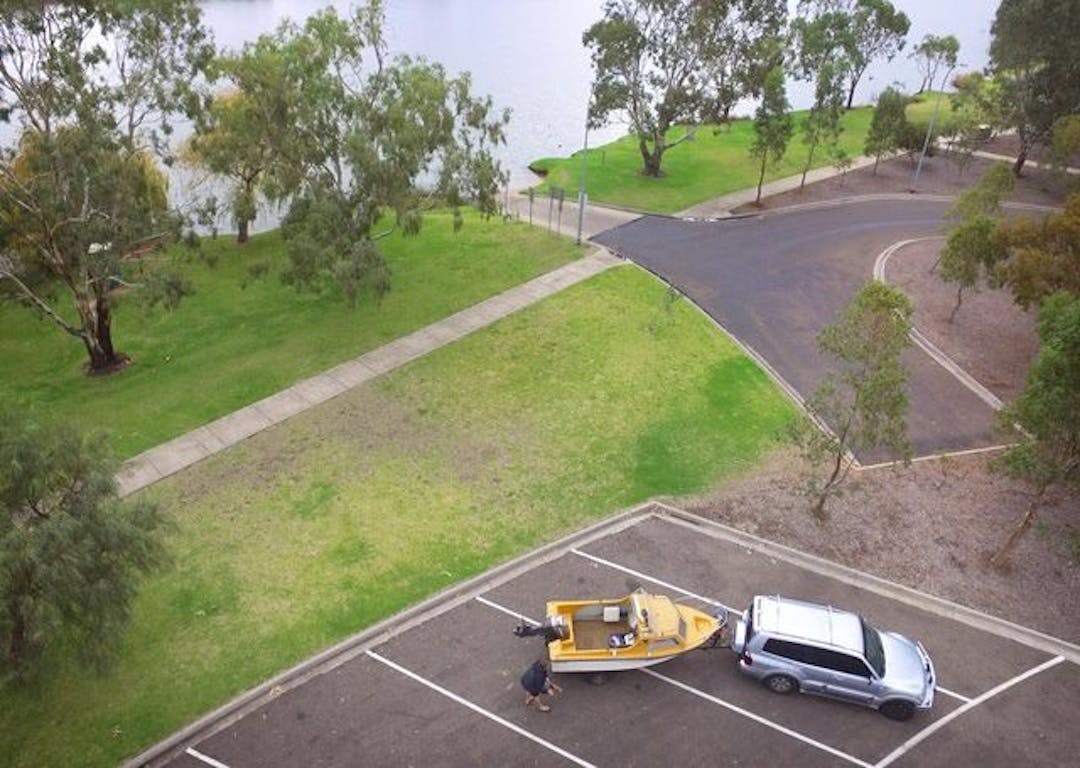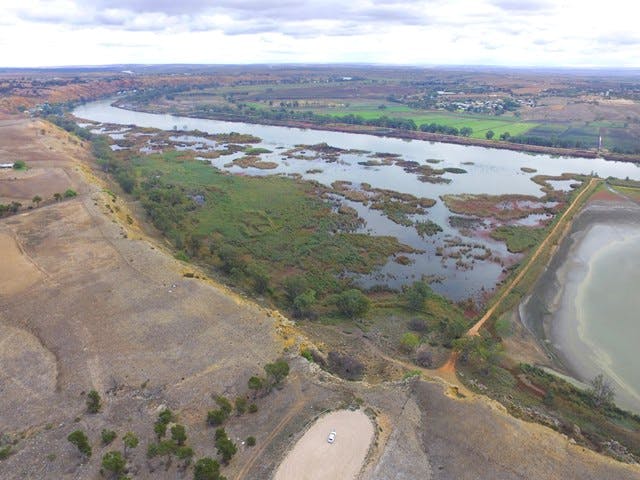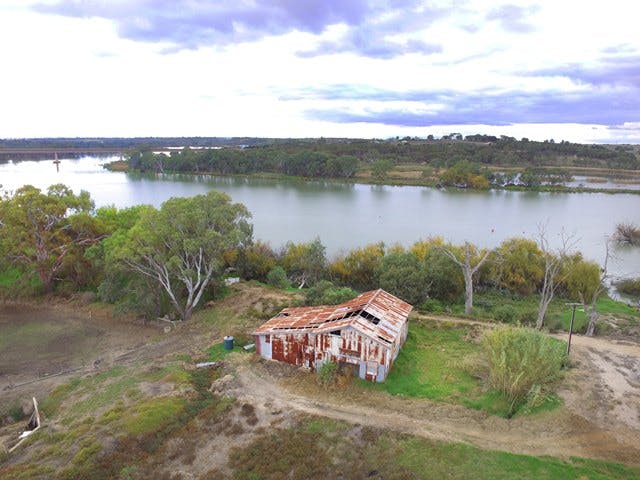Use of Drone Technology Policy Consultation
Consultation has concluded.

The Council has developed a Use of Drone Technology Policy to guide the use of drones by Rural City of Murray Bridge staff, contractors, volunteers, Councillors and other agents.
The increasing use of drones for private and commercial use has highlighted community concerns around issues like responsibility, safety and privacy.
The Council is considering this topic as it prepares to use drone technology to help with various internal business operations like asset management, urban planning and fire management.
The quality of the technology (both in terms of hardware and software) has improved significantly and the Council now has a cost-effective and non-bureaucratic option to deliver service, safety and other improvements.
Examples of potential uses by Council as outlined in the policy follow:
Planning
- Access to difficult to sites can be achieved. Mapping and overlays with Computer Aided Design (CAD) and Geographic Information System Mapping (GIS) can link to on-line planning solutions and three dimensional solutions.
Compliance
- Site visits can be made to sites where the location, activities or the inhabitants pose a threat to the safety of Council staff.
Animal Management
- Work can be undertaken to assess animal management issues without an officer needing to go on site. This is helpful when officers do not have the powers to enter land and animals are in distress.
- Drones have also been successfully deployed to deter roosting and visits from forms of abundant native wildlife.
Asset Management
- Work can be undertaken to view Council assets without the need to install scaffolding or to work at height.
- Works close to water bodies and the river can be viewed without the need for specialist equipment.
Environmental Management
- Work can be undertaken where the same flight plan is repeated regularly, which enables assessment of succession and change in the environment, which provides a more holistic view than fixed point photography.
Promotion
- Drone footage can be used as part of our promotional material. Views from the sky or from angles that the public are not normally able to access form part of a visually attractive and attention drawing approach. This draft policy is proposed to ensure that legislative and safety requirements are adhered to by staff using drone systems. The policy has been designed with privacy and surveillance legislation in mind to protect the interests of the public. Remotely Piloted Aircraft Systems (RPAS), also known as ‘drones’, are increasingly capable and adaptable across a range of tasks that are performed by local government. From infrastructure management and vegetation mapping to land use planning and tourism, drones have the capacity to perform many tasks, often saving time and money when used appropriately.
Council is seeking feedback from the community on the new Use of Drone Technology Policy.
Please share your thoughts with us by completing the online feedback survey below.
For more information please contact:
General Manager Sustainable Communities
Andrew Meddle
on 8539 1140




